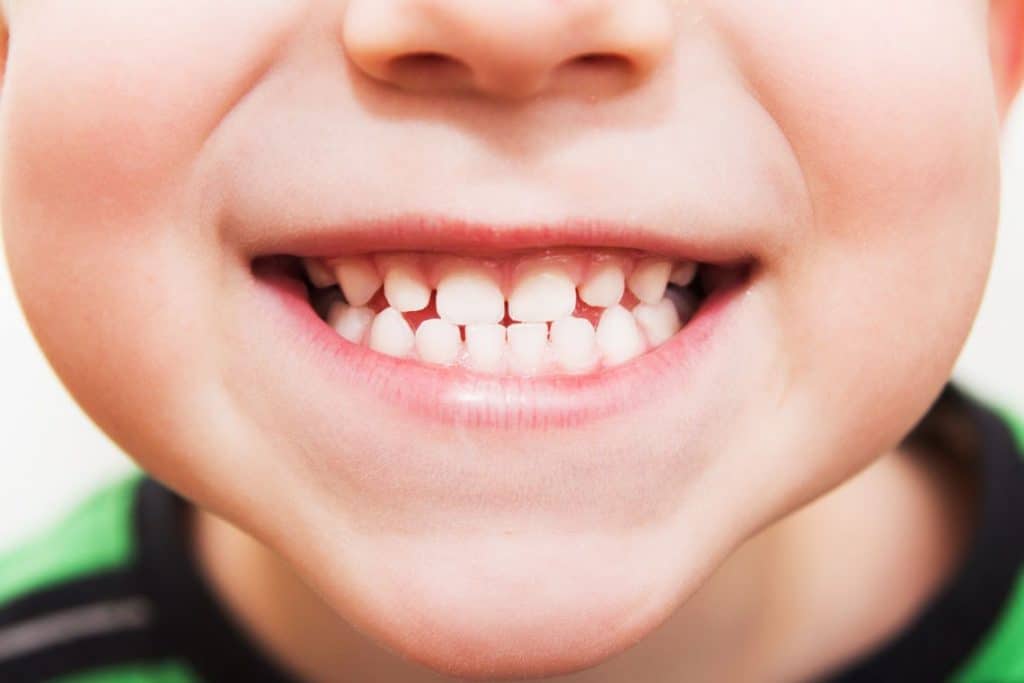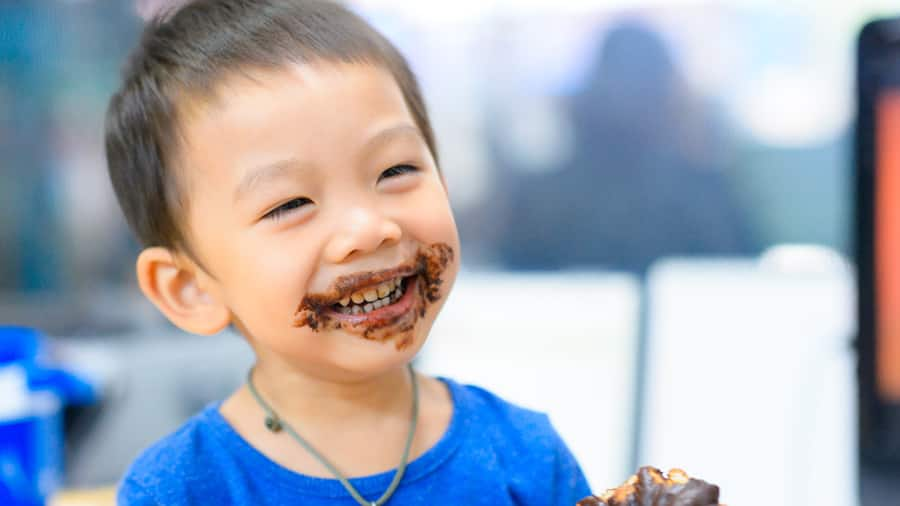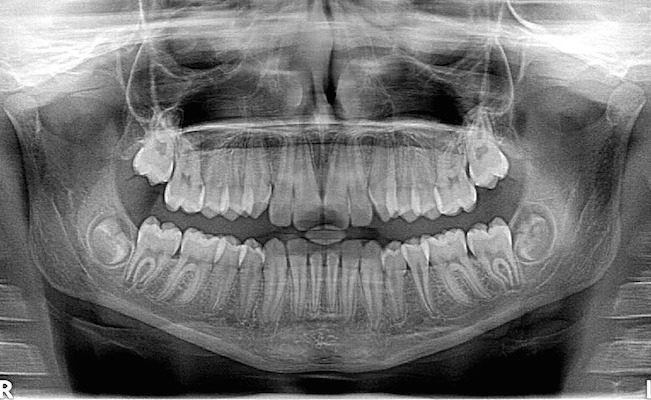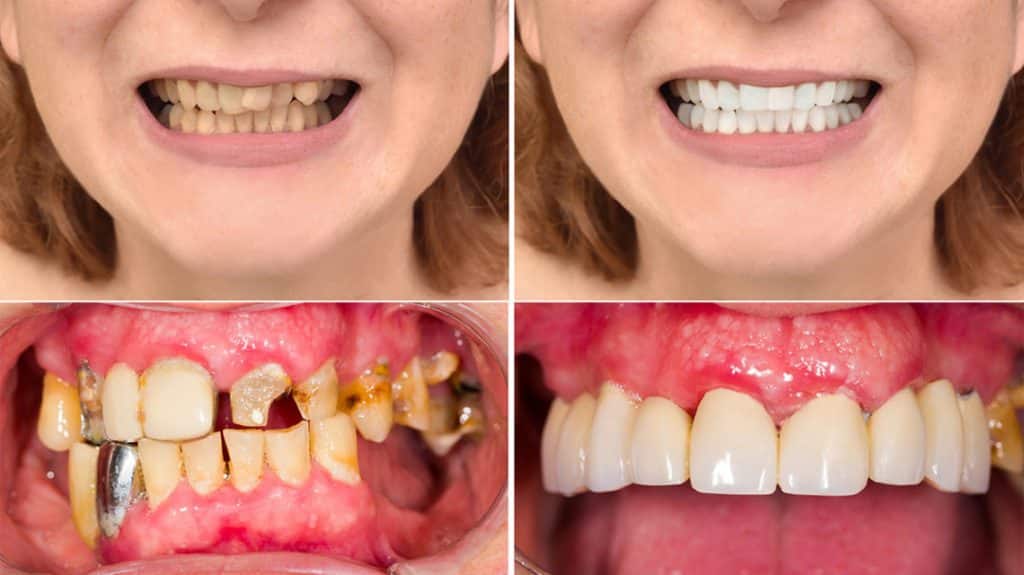A pacifier can lead to teeth misalignment if used for extended periods of time. We will discuss the impact of pacifiers on teeth and possible solutions for the resulting dental issues.
Pacifiers are common soothing devices used for babies, but they can cause problems with the alignment of teeth as the child grows. Extended use of pacifiers can lead to malocclusion, also known as a misalignment of the teeth. This can result in issues with biting, speech development, and overall oral health.
It’s important for parents to understand the potential impact of pacifiers on their child’s teeth and take necessary steps to prevent or address any issues that may arise. In the following sections, we will explore the reasons behind teeth misalignment due to pacifiers and provide guidance for parents on how to protect their child’s dental health in relation to pacifier use.
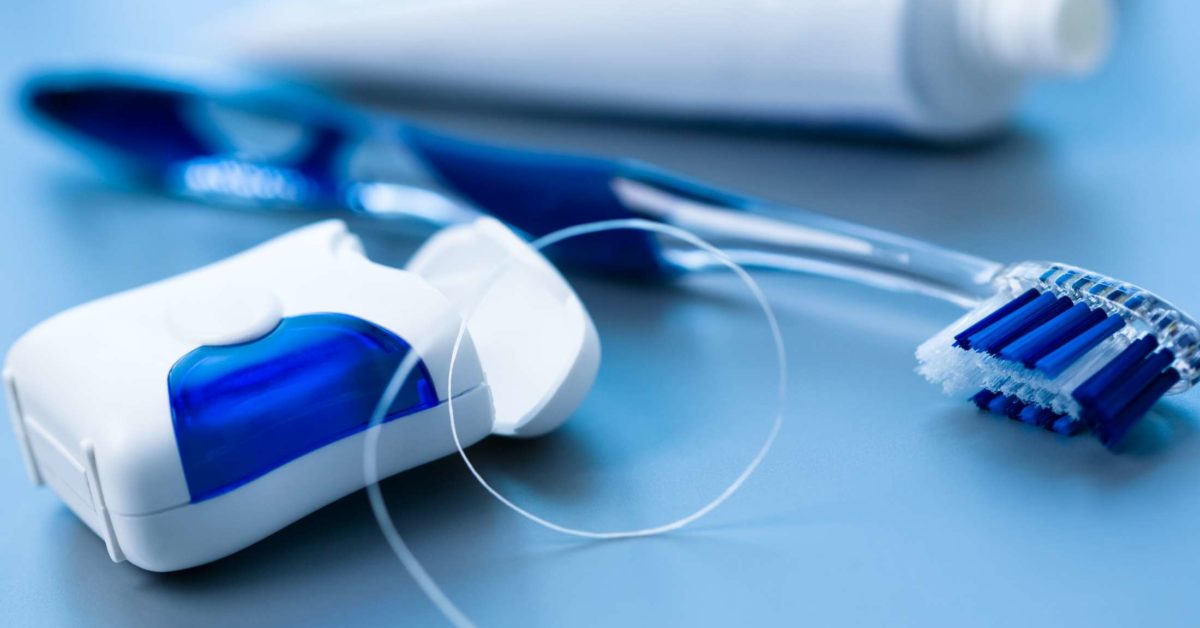
Credit: www.medicalnewstoday.com
Understanding The Role Of Pacifiers
Pacifiers play a crucial role in the oral development of infants. These soothing tools can provide comfort and help babies self-soothe. However, it is important to understand their impact on oral development. Extensive pacifier use may lead to dental issues such as misaligned teeth and poor jaw development.
To mitigate potential problems, it is advised to limit pacifier usage after the age of two, as it can interfere with the natural growth of teeth. Parents should also ensure that pacifiers are clean and in good condition to prevent oral infections.
Regular dental check-ups are recommended to monitor the effects of pacifier use and address any concerns. Careful consideration and balance are key when it comes to incorporating pacifiers into an infant’s routine.
Potential Risks Associated With Pacifiers
Pacifiers can pose potential risks to a baby’s dental health. The impact of pacifiers on teeth alignment is a major concern as prolonged and improper use can lead to dental problems. Research suggests that excessive use of pacifiers can result in misalignment of the teeth and cause orthodontic issues.
Additionally, pacifiers can also affect speech development. They can interfere with the natural placement of the tongue and hinder the development of the muscles required for proper speech articulation. Therefore, it is important for parents to monitor and limit the use of pacifiers to avoid these potential risks.
Sufficient research and guidance from pediatric dentists can help parents make informed decisions about pacifier use for their child’s overall oral health.
Tips For Proper Pacifier Use
Pacifier teeth can be a concern for parents, but following proper tips can help. Choosing the right pacifier for your baby is crucial. Consider factors like size, shape, and material. Ensure proper hygiene and cleaning practices by regularly washing the pacifier with warm, soapy water.
Avoid using harsh chemicals or cleaning solutions. Gradual weaning from pacifiers is recommended to avoid long-term dental issues. Start by reducing the pacifier use during the day and eventually eliminating it altogether. Encourage self-soothing techniques for your child to develop healthy oral habits.
By following these tips, you can promote dental health and prevent pacifier teeth in your little one.
Breastfeeding And Oral Health
Breastfeeding is essential for promoting oral health and development in infants. Its benefits extend beyond nutrition, helping to strengthen oral muscles. Various breastfeeding positions can aid in the development of these muscles. The different positions allow the baby to exercise their tongue and jaw, improving their sucking and swallowing abilities.
These movements are crucial for proper oral development, including the alignment of teeth and the prevention of pacifier teeth. Breastfeeding supports the natural positioning of the tongue, preventing it from pressing against the front teeth, which can cause dental issues.
By breastfeeding, mothers are providing their babies with the best oral muscle exercise for optimal growth and development. Therefore, breastfeeding not only benefits a baby’s overall health but also supports their oral health and helps prevent pacifier teeth.
Oral Exercises And Sensory Stimulation
Oral exercises and sensory stimulation are essential for strengthening the oral muscles, specifically in the context of pacifier teeth. Regular oral sensory stimulation offers numerous benefits to individuals, including improved oral motor skills and enhanced sensory awareness. By engaging in various techniques aimed at promoting sensory stimulation, such as using textured toys or facial massages, the oral muscles can be effectively strengthened.
These exercises help in developing the necessary coordination and control required for proper chewing, swallowing, and speech articulation. Furthermore, oral sensory stimulation aids in the prevention of oral aversion and promotes oral exploration, which is crucial for overall oral health.
Incorporating these techniques into a daily routine can significantly enhance the development of oral muscles and contribute to overall oral well-being.
Nutrition And Oral Development
A balanced diet plays a crucial role in promoting oral muscle development and overall oral health. The foods we consume have a direct impact on the development and strength of our oral muscles. Nutrient-rich foods provide the necessary vitamins and minerals needed for optimal growth and function of these muscles.
Incorporating foods like lean proteins, fruits, and vegetables into our diet can help strengthen the muscles responsible for chewing and swallowing. These foods also contain essential nutrients, such as calcium and vitamin d, which are vital for the development of healthy teeth and gums.
By choosing a well-rounded diet, we can support the growth and maintenance of a healthy oral cavity, ensuring proper oral muscle development and overall oral health.
Regular Oral Hygiene Practices
Maintaining regular oral hygiene practices is crucial for pacifier teeth. Start by choosing the right toothbrush for your baby’s delicate gums. The bristles should be soft and gentle. Introduce your little one to teeth cleaning slowly and make it a part of their daily routine.
Babies should have their teeth cleaned at least twice a day. Use a small amount of fluoride toothpaste suitable for their age. Gently brush their teeth in circular motions, ensuring you reach all surfaces. As they grow, encourage them to participate in the process by letting them hold the toothbrush and mimic your actions.
Remember to replace the toothbrush every three to four months or if the bristles become frayed. By following these simple steps, you can ensure proper oral hygiene for pacifier teeth.
Monitoring Teeth Alignment
Regular dental check-ups are essential for monitoring teeth alignment and identifying signs of misalignment. These check-ups allow dentists to assess the position and condition of the teeth, helping to detect any potential issues early on. Signs of teeth misalignment may include crowded or crooked teeth, gaps between teeth, overbite or underbite, and difficulty in chewing or speaking properly.
By regularly visiting a dentist, individuals can address teeth misalignment promptly, which can prevent further complications and potential oral health problems in the future. Dentists can provide appropriate treatment options to correct teeth misalignment, such as braces or other orthodontic treatments.
So, make it a point to prioritize regular dental check-ups to maintain optimal teeth alignment and ensure a healthy smile.
Addressing Pacifier-Related Dental Issues
Pacifier teeth can lead to dental issues, but there are ways to address and correct them. Teeth misalignment caused by pacifiers can be fixed through various strategies. Orthodontic treatments, such as braces or aligners, can help realign the teeth to their proper position.
Encouraging children to gradually reduce pacifier usage and providing alternative soothing methods can also aid in preventing further dental problems. Regular dental check-ups and cleanings are important to monitor any changes and address potential issues early on. It’s important to take action to prevent long-term dental complications and promote healthy oral development.
By following these strategies, parents can effectively manage and overcome pacifier-induced oral problems in their children.
Identifying The Right Time To Wean
Identifying the right time to wean your baby off the pacifier is crucial for their dental health. Knowing the signs of readiness for pacifier weaning is essential for a smooth transition. Look for cues such as increased teeth growth and improved motor skills.
Once you notice these signs, you can start implementing age-appropriate weaning strategies. Gradual reduction and distraction techniques can help your little one adapt to pacifier-free days. Introducing comfort objects or using positive reinforcement can also ease the transition. Keep in mind that consistency and patience are key during this process.
By addressing pacifier teeth early on, you can help your child develop a healthy and confident smile in the long run. So, pay attention to the signs and embark on the pacifier weaning journey when the time is right.
Gentle Weaning Methods
Gently weaning your baby off pacifiers can be done through gradual reduction of usage. Gradually reducing the time your baby spends with a pacifier each day can help them adjust to not having it. Introduce soothing alternatives to pacifiers, such as soft blankets or stuffed animals, to help ease the transition.
Offering extra cuddles and comfort during naptime and bedtime can also help your baby feel secure without the pacifier. Remember to be patient and consistent, as it may take some time for your baby to fully let go of the pacifier.
By using these gentle weaning methods, you can help your baby transition away from pacifiers in a soothing and comforting manner.
Overcoming Challenges During Pacifier Weaning
Overcoming challenges while weaning your child off pacifiers can be a daunting task. Resistance from your little one is almost inevitable, but don’t fret, there are strategies you can employ. Comfort-seeking is common during this transition, so be prepared to offer alternative soothing methods.
Be patient and consistent with the weaning process to ensure success. Distraction techniques can be effective when your child becomes fussy. Gradually reduce the pacifier use, replacing it with other comforting objects or activities. Remember, every child is different, so finding the right approach for your little one may require some trial and error.
Importance Of Dental Care Beyond Pacifier Use
Establishing good dental habits from an early age is crucial to maintaining lifelong oral health. Regular dental visits play a significant role in preventing dental issues beyond pacifier use. By instilling the importance of dental care, parents can ensure their children grow up with a strong foundation for oral hygiene.
Taking proactive measures, such as teaching proper brushing and flossing techniques, creates a habit that will benefit their dental health for years to come. Encouraging children to visit the dentist regularly instills a sense of responsibility and highlights the significance of dental care in their lives.
With ongoing dental check-ups, potential problems can be detected early, preventing further complications. These habits foster a positive attitude towards oral health and pave the way for a bright smile and dental well-being in the long run.
Encouraging Oral Health Practices
Encouraging oral health practices is crucial, especially when it comes to pacifier teeth. Teaching children proper brushing techniques is essential for maintaining a healthy smile. By instilling good oral hygiene habits early on, parents can promote overall well-being and prevent tooth decay.
Emphasizing the importance of regular brushing and flossing can help children develop a lifelong commitment to their dental health. Additionally, incorporating healthy eating habits is vital for strong teeth and gums. Encouraging a balanced diet rich in fruits, vegetables, and calcium-rich foods can contribute to optimal oral health.
Parents play a vital role in teaching their children the importance of taking care of their teeth. By setting a positive example and providing guidance, parents can help their children develop good oral hygiene practices that will benefit them as they grow.
Role Of Parents And Caregivers
Parents and caregivers play a crucial role in teaching children good oral health habits. By modeling proper dental care practices, such as brushing and flossing regularly, they can create a positive environment for oral care. Children learn by observing, so it is essential for parents to demonstrate the importance of maintaining oral hygiene.
Simple actions like brushing together or making oral care a fun activity can make a significant impact on a child’s dental health. Additionally, parents should encourage healthy eating habits and limit sugary snacks and beverages. By instilling these habits from an early age, parents and caregivers can set their child up for a lifetime of good oral health.
Frequently Asked Questions Of Pacifier Teeth
What Are Pacifier Teeth?
Pacifier teeth refer to dental problems that can develop as a result of prolonged pacifier use. These issues include misalignment of the teeth, an open bite, and narrowing of the palate. It is important to monitor pacifier use and consult with a dentist if any concerns arise.
Can Pacifier Use Affect My Child’S Speech Development?
Yes, prolonged pacifier use can potentially affect speech development. The constant presence of a pacifier in the mouth may interfere with proper tongue placement and impede the development of speech sounds. It is recommended to limit pacifier use and encourage natural speech patterns to promote healthy speech development.
When Is The Right Time To Wean My Child Off The Pacifier?
The ideal time to wean your child from pacifier use is usually around 6 months to 1 year of age, when they start to develop stronger oral motor skills. However, each child is different, and it is important to consider their individual needs and habits.
Talk to your pediatrician or dentist for personalized guidance.
How Can I Help My Child Give Up Their Pacifier?
Transitioning your child away from pacifier use can be challenging but here are some tips. Gradual weaning by limiting pacifier use to specific situations or only during sleep can help. Distraction techniques, such as introducing a comfort item or engaging in other activities, can also assist in the process.
It may take time and patience, but consistency is key.
Are Pacifiers Bad For My Child’S Teeth?
Extended pacifier use can potentially impact your child’s teeth. The pressure on the teeth and palate may cause misalignment and other orthodontic issues. It is advisable to limit pacifier use and monitor your child’s oral health closely. Regular dental check-ups can help identify and address any concerns early on.
Conclusion
Pacifier teeth are a common concern among parents, and understanding their impact is crucial. This article has explored the potential consequences of prolonged pacifier use on dental health. It highlighted that the pacifier’s constant presence in a child’s mouth can lead to dental issues such as misalignment and bite problems.
Moreover, it is essential to recognize that pacifiers are beneficial tools for young infants but should be gradually weaned as the child grows. Parents should always consult with pediatric dentists or orthodontists for guidance on pacifier use and proper dental care.
Ensuring regular dental check-ups, maintaining good oral hygiene practices, and encouraging healthy habits can help prevent long-term dental problems. Ultimately, every parent wants their child to have a healthy smile, and being aware of the potential impact of pacifier use is a step towards achieving that goal.



